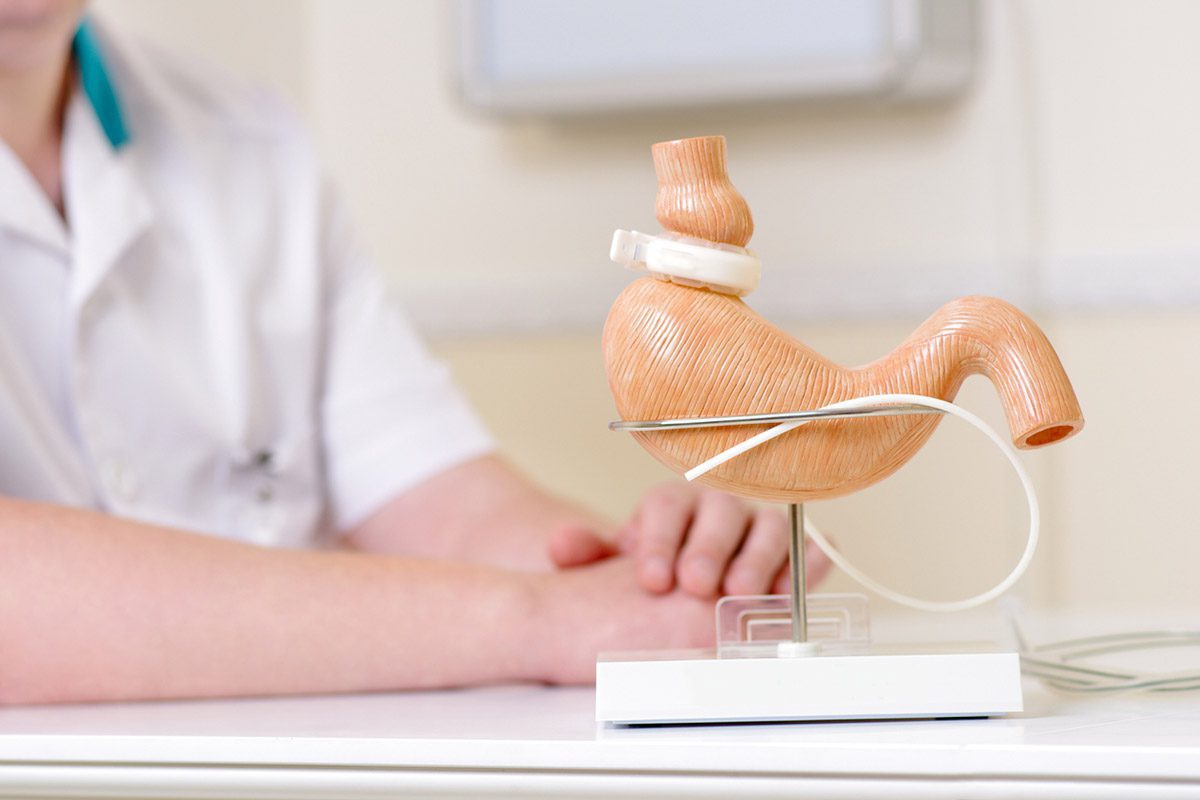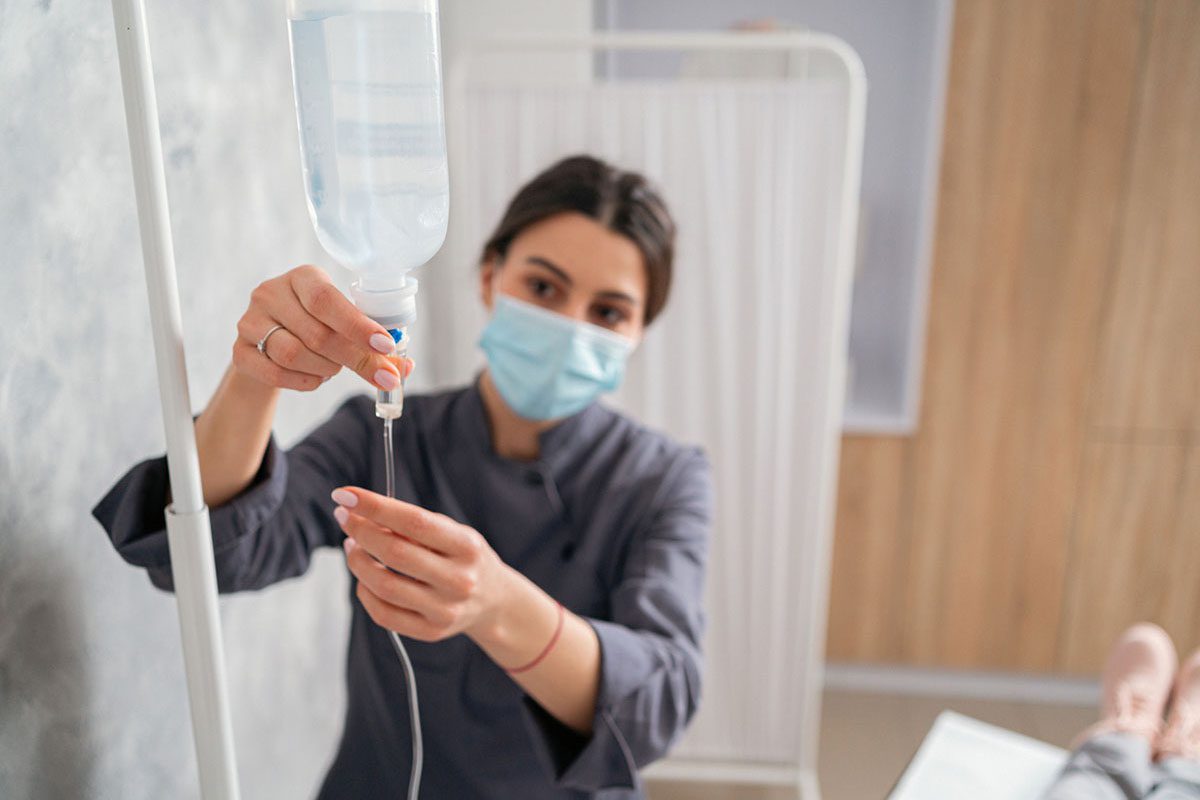Low Testosterone Levels Associated With Venlafaxine Use: A Case Report
To the Editor: Sexual dysfunction is a frequent side effect of selective serotonin reuptake inhibitors and serotonin-norepinephrine reuptake inhibitors. However, accompanying change in testosterone levels is uncommon. We present the case of a patient with posttraumatic stress disorder, major depressive disorder, and panic disorder, whose symptoms were well controlled with venlafaxine extended release 150 mg/day. Due to low testosterone levels, the venlafaxine treatment was tapered off.
Case report. Mr A is a 36-year-old man with a history of major depressive disorder, posttraumatic stress disorder, and panic disorder. He presented to the mental health outpatient psychiatry clinic complaining of worsened anxiety, depression, and resumption of panic attacks after he was weaned off venlafaxine treatment 2 weeks earlier. Mr A had been depressed and suffering from anxiety for 18 months and started taking venlafaxine 14 months prior to his visit to the outpatient clinic. The taper began after Mr A presented to his primary care physician with fatigue, low sex drive, and weight gain, with inability to lose any weight despite a strict diet and exercise regimen. His total testosterone level taken at that time was 227 ng/dL (reference range, 241-827 ng/dL). Free testosterone levels were not taken and would not have added any significant insight to Mr A’s care, as level of total testosterone is sufficiently informative. The need for free testosterone levels is not crucial, as the bioavailability of albumin-bound testosterone is supported by evidence.1 Mr A’s luteinizing hormone and follicle-stimulating hormone levels were within normal limits.
Over the course of 3 weeks, venlafaxine was tapered off by the primary care provider, assuming that venlafaxine was the cause of his low testosterone level. Mr A returned to the primary care provider for follow-up laboratory tests; his total testosterone level was 308 ng/dL. This result was reviewed by the endocrinology department in our outpatient clinic, and it was deemed unnecessary to give Mr A testosterone supplementation. Mr A was started on sertraline 50 mg/d but did not show up for follow-up appointments. He was contacted via phone and reported improvement in sexual function, as well as decreased symptoms of anxiety and depression. It is unclear if Mr A remained compliant with sertraline, as he no longer follows up in the outpatient psychiatry clinic.
In reviewing the case, we found that Mr A had been a healthy adult with no preexisting medical conditions who was not taking steroids, opioids, or any other medications that would cause androgen disturbance or be a potential cause of low testosterone levels. There was no history of current or past illicit drug use such as heroin or prescription medication. His normal luteinizing hormone and follicle-stimulating hormone levels also confirmed that opioids were not the cause.2 Nonetheless, psychiatrists and primary care clinicians should be aware of drugs and medications that can potentially cause changes in testosterone levels and also that low testosterone levels may frequently mimic depression symptoms, such as low libido, anhedonia, fatigue, poor strength and energy with low appetite, and poor sleep. Some patients may also complain of anxiety symptoms. Unless clinicians are well aware and vigilant, such conditions may go unrecognized and untreated.
There is very little literature on the relationship between venlafaxine and testosterone levels. We conducted a literature review and found a case report with similar results as those of Mr A. In the published case,3 a patient was found to have low testosterone levels, which returned to normal after venlafaxine discontinuation. With the exception of that case report, literature on the subject is lacking. This shortage of literature may be due to the rarity of this side effect, or it could be due to the lack of monitoring of testosterone levels in patients with symptoms closely resembling those of our patient. It is also worth mentioning that even healthy men may have fluctuating testosterone levels, and a low testosterone level may be transient.4
To the best of our knowledge, only one other case of low testosterone possibly linked to venlafaxine use has been reported.3 Although routine testosterone level tests are not warranted in all patients receiving venlafaxine, clinicians aware of this possible association may consider obtaining free and total testosterone levels before and after starting venlafaxine in select patient populations, such as those reporting low libido or fatigue. Since testosterone supplementation is not without its own adverse effects, supplementation may be considered on a case-by-case basis after discussion with endocrinologist colleagues.
References
1. Manni A, Pardridge WM, Cefalu W, et al. Bioavailability of albumin-bound testosterone. J Clin Endocrinol Metab. 1985;61(4):705-710. PubMed doi:10.1210/jcem-61-4-705
2. Smith H, Elliott J. Opioid-induced androgen deficiency (OPIAD) narrative review. Pain Physician. 2012;15(3S):145-156. PubMed
3. Bell S, Shipman M. Reduced testosterone level in a venlafaxine-treated patient. Ann Clin Psychiatry. 2000;12(3):171-173. PubMed doi:10.3109/10401230009147108
4. Bebb R. Testosterone deficiency: practical guidelines for diagnosis and treatment. B C Med J. 2011;53(9):474-479.
Author affiliations: Department of Psychiatry (Drs Shebak and Varma) and Behavioral Medicine (Dr Varma), Virginia Tech Carilion School of Medicine, Roanoke; and Buprenorphine Clinic, Salem Veterans Affairs Medical Center, Salem, Virginia (Dr Varma).
Potential conflicts of interest: None reported.
Funding/support: None reported.
Published online: October 16, 2014.
Prim Care Companion CNS Disord 2014;16(5):doi:10.4088/PCC.14l01646
© Copyright 2014 Physicians Postgraduate Press, Inc.





